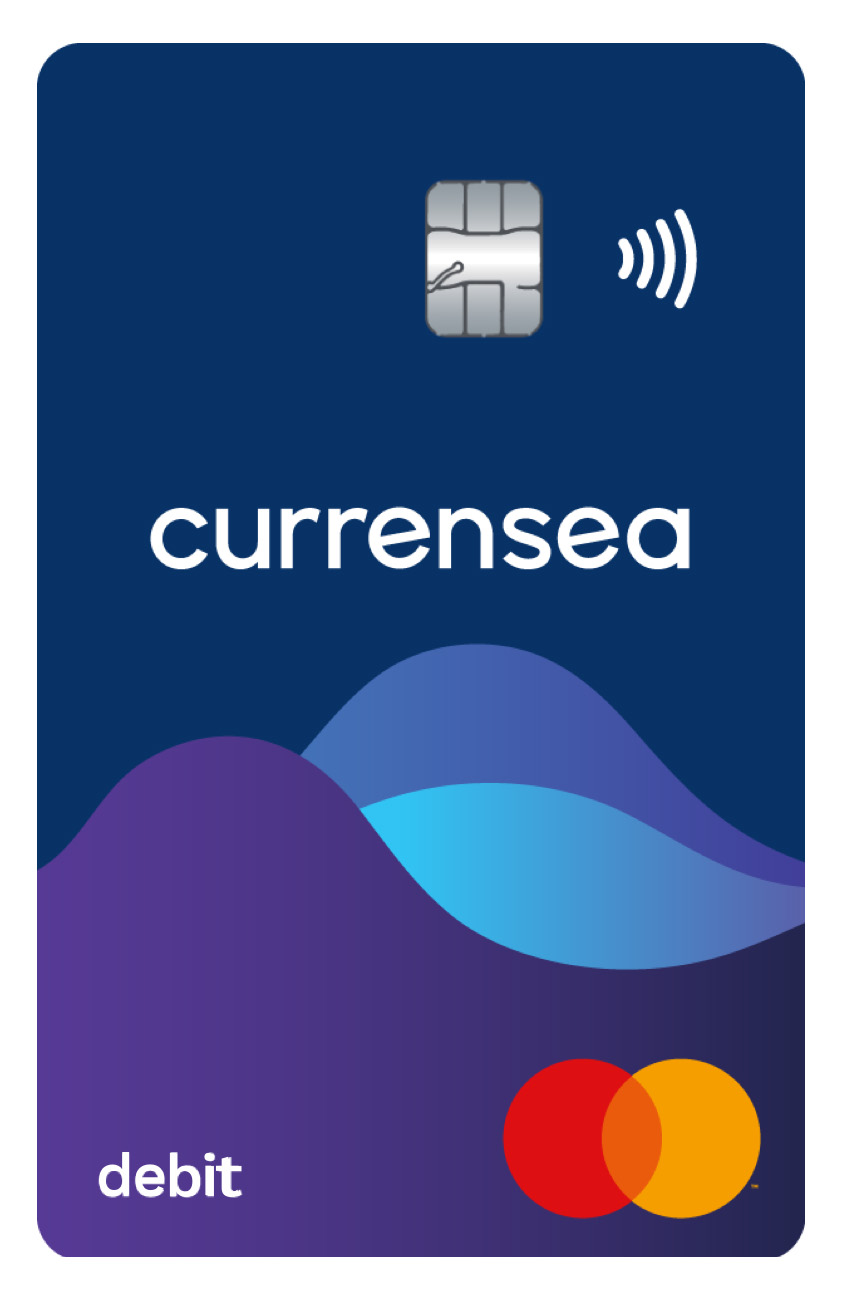
Travelling is changing. Customers no longer dart down to the local travelling agency to organise their next trip, but plan their journey from the comfort of their homes. At the same time as globetrotting is becoming easier, a plethora of tech companies have popped up to meet the demand for smoother experiences. These new ventures offer everything from bespoke travel insurance to streamlined hotel bookings.
A wealth of fintech startups – such as London-based neobank Revolut and cross-border transaction venture Wise – have similarly rolled onto the scene to help weary travellers sidestep costly foreign exchange fees and get more bang for their bucks. Usually, these companies’ solutions have meant transferring money to another account or to top up a prepaid debit card.

Access deeper industry intelligence
Experience unmatched clarity with a single platform that combines unique data, AI, and human expertise.
However, James Lynn believes those solutions are woefully inadequate. Given his fintech startup Currensea has just topped up its coffers with a £2.4m funding round, it seems that at least the venture capitalists Blackfinch Ventures and 1818 Venture Capital backing the startup agree with him. The round comes just two months after Currensea secured £2m on crowdfunding platform Seedrs in July. The company is valued at “close to £20m” following the new raise, the same valuation it had after the Seedrs round this summer.
Lynn tells Verdict that Currensea’s offering “couldn’t be simpler.” Essentially, the startup has created open banking-powered debit cards for travellers. Open banking essentially means that financial services firms, such as banks, are obliged to share customers’ data with third-party providers, provided the customers have given them permission to share the data.
“The idea originally came out of frustration with spending abroad and paying the bank charges,” Lynn says, an avid traveller in his own right.
As such he claims to have tried many solutions in the past, hoping to ease the headaches of the customary 5% foreign exchange fee charged by incumbent banks and neobanks. However, he found that whether he was using a new challenger bank’s offer or a prepaid card, they were all hobbled by the same limitation: they required him to transfer money in advance.

US Tariffs are shifting - will you react or anticipate?
Don’t let policy changes catch you off guard. Stay proactive with real-time data and expert analysis.
By GlobalData“I had to keep track of a separate balance, keep topping up and then I’d inevitably fail to remember how much was on the card and then have that red-face moment when I wanted to pay for a hotel or dinner only for the card to be declined,” Lynn says.
This frustration saw him and his co-founder Craig Goulding launch the startup Currensea in 2018.
Currensea is a travelling startup with the “worst timing in history”
The Currensea founders have an impressive pedigree for a fintech startup. Goulding had previously clocked up experience running Lloyds’ open banking efforts, while Lynn previously headed up digital foreign exchange trading at Barclays.
Over the next year, the founders developed the concept, working at the Financial Conduct Authority’s innovation sandbox and Mastercard in order to make sure their idea had legs. At the end of the year, Currensea launched its beta.
“And then, with possibly the worst timing in history, we launched at the beginning of 2020 just before a global pandemic killed travel for almost two years,” he says.
Over the next two years, Currensea suffered through the same opening and subsequent shutting of societies that everyone else endured. Every time restrictions eased, Currensea saw a boom in new customers getting the card only for those figures to drop the moment the UK government imposed new social rules.
The Currensea team spent most of those years developing and refining the startup’s services. The company also introduced new debit cards for SMEs that wiped away the bank fees for things like software-as-a-service products.
“With some products like that, we made it through the pandemic and those difficult two years and emerged a lot stronger,” Lynn says.
With travelling returning this year, Currensea claims to have been enjoying a 30% month-on-month growth in customer spending. Today, it has more than 45,000 users, a number it plans to grow to 300,000 by 2024.
Currensea makes money via the end merchants through interchange, and also via card subscriptions.
The company has also partnered with charities to launch bespoke debit cards for them. These cards allow users to actively donate some of the savings they’ve made from Currensea axing the bank fees to those charities.
So far Currensea has partnered with six charities like the Royal Society of Medicine and the Cameron Bespolka Trust. Lynn says that the startup has 26 more charity partnerships in the pipeline.
GlobalData is the parent company of Verdict and its sister publications.






